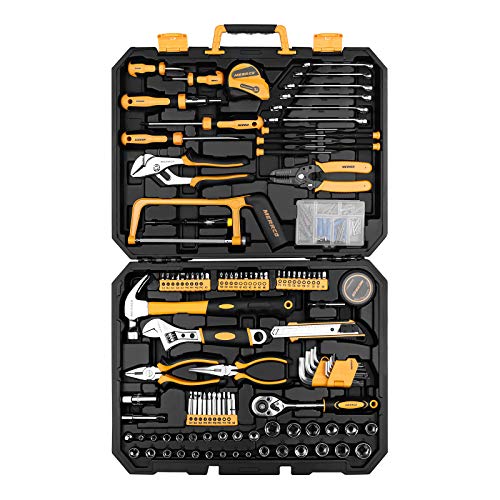[font=Tahoma, Verdana, Arial, sans-serif]My batteries are on one side of van, refrigerator on the opposite side. Distance from battery would be 5' up + 6' across top + 5' down to refrigerator.[/font]
[font=Tahoma, Verdana, Arial, sans-serif]So 16' to 17' total. Would 10 AWG be right?[/font]
[font=Tahoma, Verdana, Arial, sans-serif]So 16' to 17' total. Would 10 AWG be right?[/font]











































































